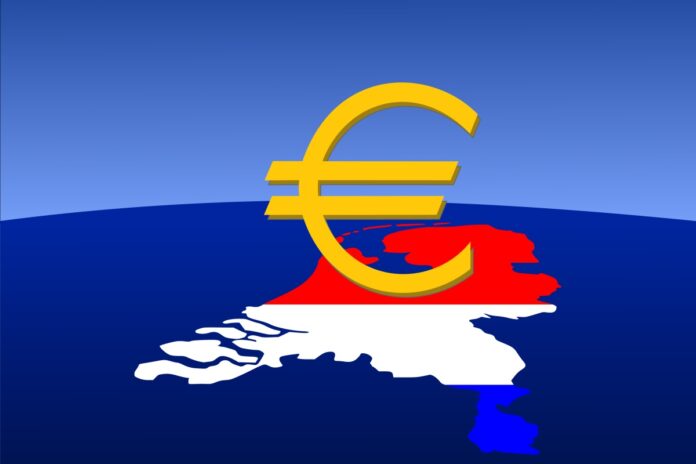Big Tech wields Berec and will put datacap on our Aas
The EU’s apex telco regulator BEREC is set to issue net neutrality rules that could put technology oligarchs above the law and crush Europe’s application creators before they get a chance to grow. Hopes for small, inventive companies had been raised earlier this year when the European Court of Justice found that discriminatory zero-rating plans such as T-Mobile’s StreamOn and Vodafone’s Pass violate Europe’s net neutrality law. However the hopes for free competition could be abandoned and the regulator maybe be blindsided into creating an outlook of Not Neutrality that favours the Big Tech oligarchs, net analysts have said.
Unholy trinity
The draft guidelines don’t clearly prohibit three harmful practices: that zero-rating put on their own apps and media services; secondly that carriers get paid by dominant app providers to zero rate their app and thirdly that carriers conveniently pick a popular service to zero-rate without striking an official agreement with that service. This leads to absurd results, says analyst Barbara van Schewick at the California-based Center for Internet and Society.
Absurd results
The draft guidelines don’t clearly prohibit some zero-rating plans that are even more harmful than the clearly banned ones, according to Van Schewick, who offers her own alternatives in a manifesto published online Response to BEREC’s Public Consultation. “If BEREC gets it right, will boost how much data people get every month while restoring competition online. Carriers will no longer be able to limit how people can use their data or push them to use apps from the dominant platforms,” said Van Schewick.
Death by Zero rate
In June the EU regulator Berec decides on the new rules for carriers that zero-rate certain applications by exempting them from customers’ monthly data caps. These discriminations currently favour the carrier’s own services or those of Big Tech oligarchs, such as Facebook and YouTube, which spend billions of dollars on lobbying in order to steer US lawmakers. Zero-rating, effectively an exemption on rules for a users’ data cap, is to be subject to an exemption for big companies. A zero rating is effectively like conducting a race in which Facebook is given pole position throughout the race. The Centre for Internet and Society has produced its manifesto to explain to Berec how this is possible.
Big Tech wins
‘Ratings free’ status has a powerful effect the behaviour of cost-conscious use who don’t want to succeed their limits, according to the analyst. It’s like being able to offer delicious but alcohol-free wine in a nation that imposes massive fines for sobriety. New ‘open’ zero rating plans pretend to let in all vendors, from start-ups to stitch-ups, for a given type of application. In reality, they typically include very few applications from an exclusive group of vendors.
Equal opportunity
These plans disproportionately benefit the biggest platforms because only the largest companies can afford to participate in technical ordeal of trying to join a zero rating plan. Small competitors lack the time and the money for the necessary processes such as traffic identification, which have to be carried out whenever a company makes changes to its service. Big players enjoy the advantage of economies of scale over these otherwise expensive processes.
Not Neutrality
Large carriers rarely even reply to smaller companies that apply. When the makers of AudioMack examined 34 of Europe’s zero-rating plans 25 carriers did not offer a way to apply or did not reply to AudioMack’s application. AudioMack was included in 3 plans but Apple Music was featured in 26, and Spotify was in 23. In 2019 a study found that there were 186 different zero-rating offerings across Europe but only the Big Techs have the resources to take part. The majority of zero-rated apps got to participate three plans at most. Out of the top 20 zero-rated apps in the EU, only three are from Europe. The top zero-rated apps are WhatsApp and Facebook.
Controlling behaviour
However, the persuasiveness of Big Tech’s money in shaping EU law should not be discounted. The Computer and Communications Industry Association (CCIA) and NetChoice – the two tech industry groups – represent Big Tech companies like Facebook’s parent company, Meta, along with Twitter and Alphabet Inc the parent company of YouTube and Google. BEREC, comprised of the national telecom regulators from across the EU, is under intense pressure from Facebook, Google, and big telecoms to leave in loopholes so discriminatory zero-rating can continue.
“That’s not just unfair, it cements the market power of the dominant platforms,” said Barbara van Schewick at the Center for Internet and Society.


